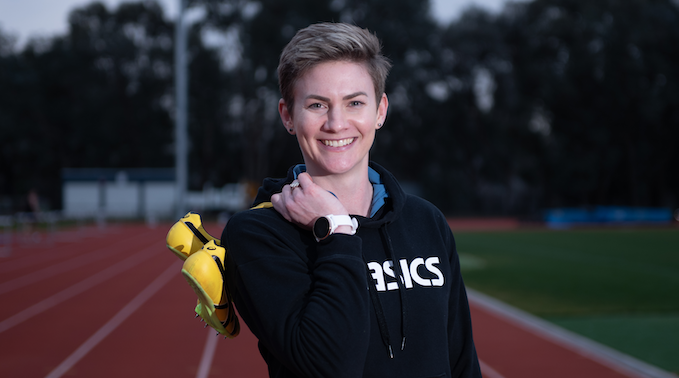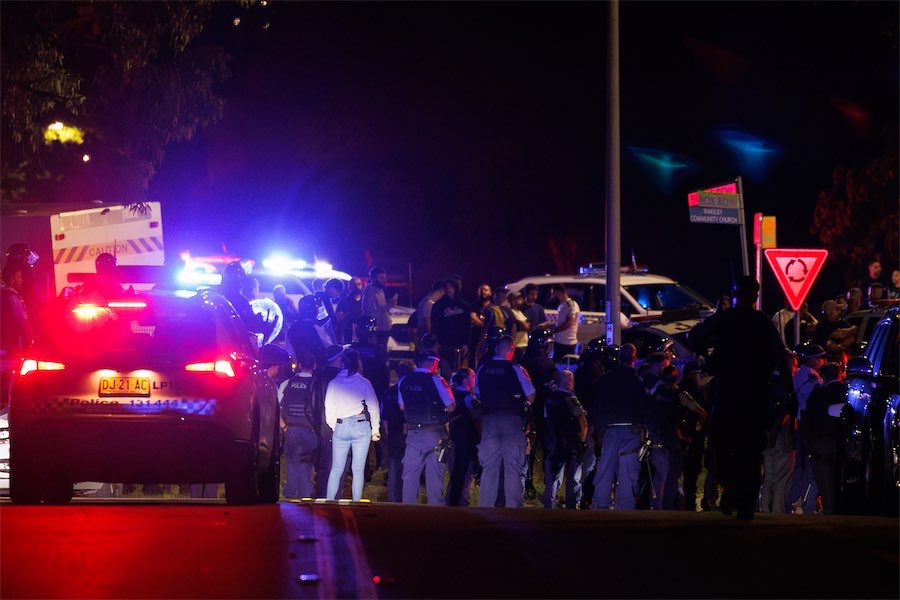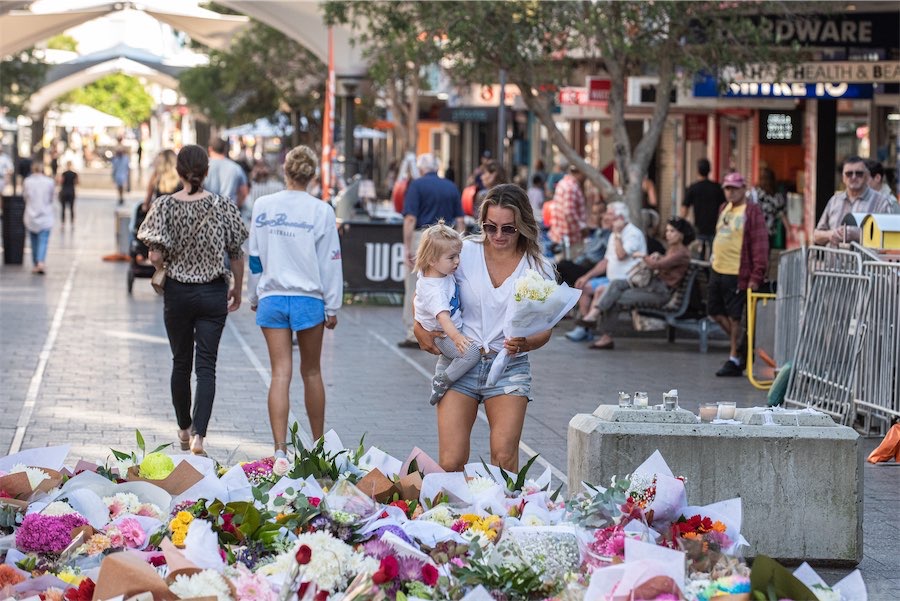
AUSTRALIA’S fastest 100-metre sprinter, Melissa Breen, has been all about the slow life since retiring last month.
It’s walking and Pilates for the 29-year-old, who’s been rushing around for the past 15 years, and had planned to rush around for a little longer but then covid hit and everything changed.
Her plan was to retire as a three-time Olympian after qualifying for the 2020 Tokyo Olympics, but when the games were pushed back, Melissa started questioning if her time to retire had come.
“In 10 or 50 years time, am I really going to care that I went to three Olympics?” says Melissa, who lives with her partner and former coach Matt, in Bruce.
“I always had in my mind that I’d go to the Tokyo Olympics and then retire as a three-time Olympian, but covid changed everything. It changed my perspective of what was really important, it changed my motivation levels and it changed what I wanted to get out of life.”
For so long sport was number one for Melissa, but she got to a point where she was on the track and she started thinking: “Why am I doing this?”
“I never had that thought in 10 years and I realised I needed to acknowledge those thoughts,” she says.
“I really hadn’t mused it at all. The thought of not being ‘Track Mel’ would have been too overwhelming to ponder.”
As a five-year-old, Melissa started athletics at Tuggeranong Little Athletics Club because her older brother was doing it.
“I wanted to do everything that he did as that annoying younger sister,” she says.
“I really enjoyed running but I wasn’t very good at the longer events. I loved the shorter distance events. I wasn’t a standout athlete [either], I was really young and just loved it.”
It wasn’t until Melissa was 10 as a spectator at the Sydney Olympics with her family, watching tens of thousands of people watching something she did every day, where she thought: “This is what I want to do.”
Melissa’s Olympic dreams were reignited when she was competing in the world junior championship in Poland as a year 12 student, and she missed the finals by one spot.
“I was absolutely devastated,” says Melissa, who turned that devastation into determination.
At the time, Melissa loved sport so much, she often thought school was an inconvenience.
As a student, Melissa’s mum would pick her up from school with food, so Melissa could quickly refuel before getting to AIS for training.
“It was hard trying to fit everything in but if it’s important to you, you just find a way to make it work,” she says.
At the end of 2008 Melissa ran 11.33 seconds, winning herself the title of the second fastest junior female for the 100-metre sprint in Australia.
“That sprint cemented the dream to make the Olympics and my belief that it was possible,” she says.
“For the next 12 years, every decision I made, I asked: ‘Is this helpful for running?’
“It was a choice. I was choosing to do everything I could to ensure I could perform at my best [because] talent only gets you so far.”
Over those years Melissa broke the Australian record for the women’s 100m sprint when she clocked 11.11 seconds at the 2014 ACT Championships, a record that was previously held for 20 years by Melinda Gainsford-Taylor.
Melissa also represented Australia in the 100-metre event at the 2012 and 2016 Olympics, she won the 100-metre event at the Australian National Championships in 2009 and 2012, and represented Australia at three Commonwealth Games.
“The 2018 Commonwealth Games was a huge moment for me. I was very injured beforehand and had a lot of sciatic nerve issues, and was on heavy medication to suppress the pain,” Melissa says.
“It was a momentous effort for myself and my team to get me to that start line. I was in a lot of pain but it was so joyful to experience a home championship.
“To have a home crowd advantage was something I wouldn’t have again, so I had to find a way. No matter what obstacles, I found a way.”
Melissa made it to the semi-finals but says it was mentally and physically exhausting.
Two years later and she describes retirement as freeing.
“It’s never where I thought I would be but it’s so freeing and it’s given me so much. I’ve travelled the world because of running, I’ve met my partner, Matt, because of running. There’s so many things that running has given me,” she says.
Melissa’s never really had a back-up plan, but an ambassador position with Lifeline, which turned into a job has been really good for her.
“It’s helped with purpose, direction and mental health,” says Melissa, who is the communications officer at Lifeline Canberra.
She says Lifeline has given her a purpose that’s not defined by how fast she’s running, and she says it’s also been great to wear clothes to work other than active wear!
What else is next for Melissa in retirement? Well, she says she’s never been able to try other sports during her career in case of injuries, and now that she can, she might give rollerskating a go.
“I’ve also enjoyed not being busy. I haven’t really veged out on the couch very much [and] I’m still doing a bit of coaching and will always be involved in sport,” she says.
Who can be trusted?
In a world of spin and confusion, there’s never been a more important time to support independent journalism in Canberra.
If you trust our work online and want to enforce the power of independent voices, I invite you to make a small contribution.
Every dollar of support is invested back into our journalism to help keep citynews.com.au strong and free.
Thank you,
Ian Meikle, editor





Leave a Reply